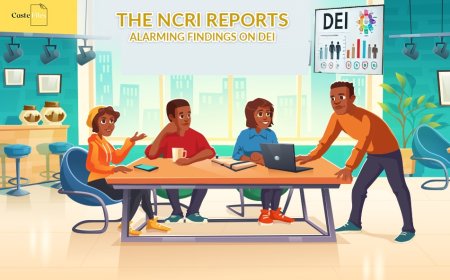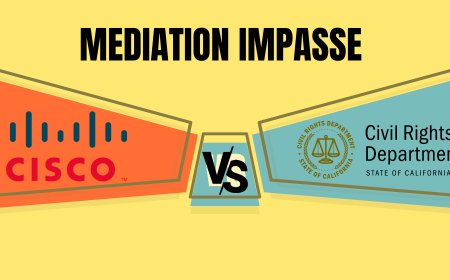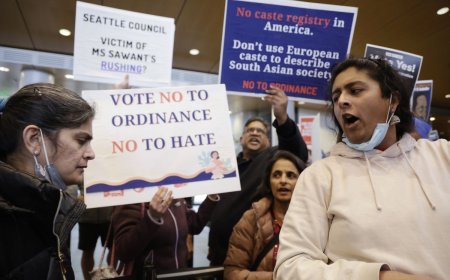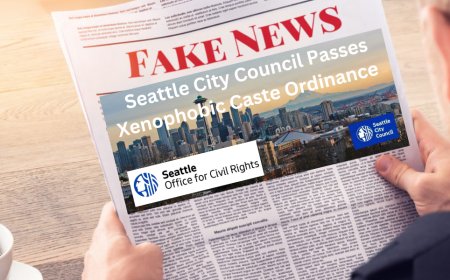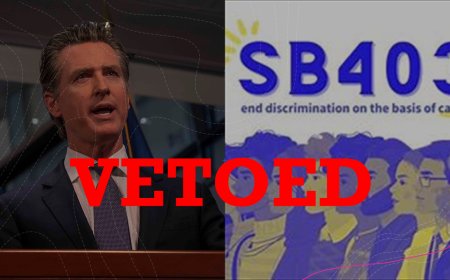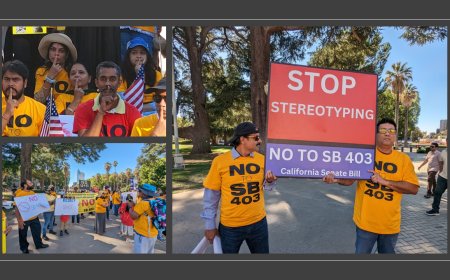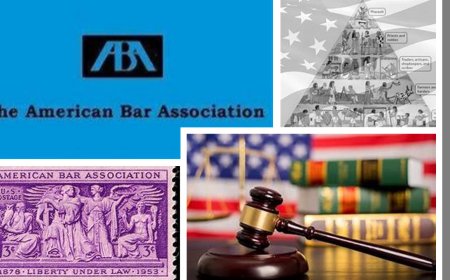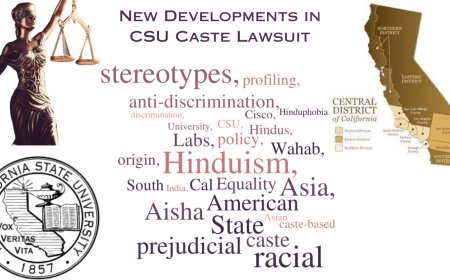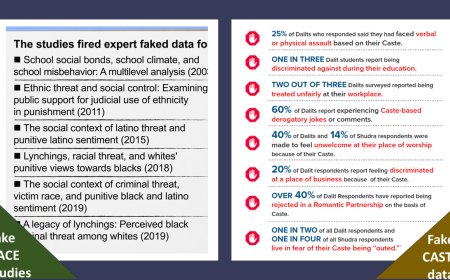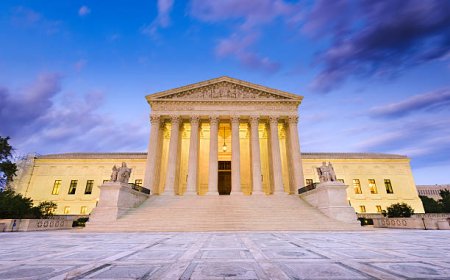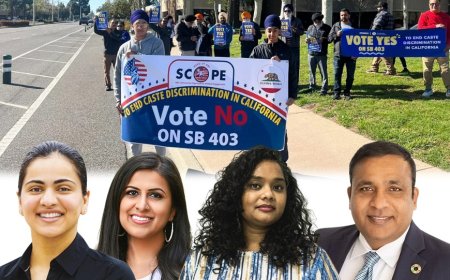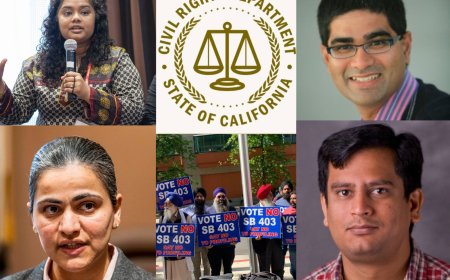Explicit Bias in “ Implicit Bias Training” and Legal Quagmires in California—Is Caste Training Next With SB 403?
Lawsuits are flying thick and fast in the United States as diversity trainings promote racism. As Medical Professionals challenge these impositions, Indian Americans are sure that trainings promoting Caste will be next as SB 403 gets closer to the finish line.
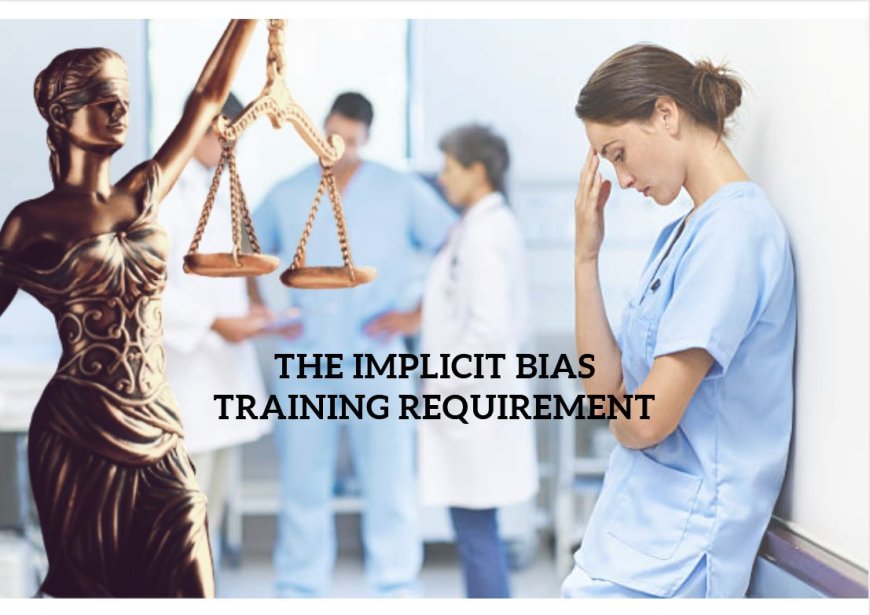
A recent legal challenge has been mounted against California's requirement for doctors to undergo "implicit bias" training as part of their continuing medical education. The lawsuit, filed by the medical advocacy group Do No Harm (DNH) and two physicians, Dr. Marilyn Singleton and Dr. Azadeh Khatibi, contends that the training promotes inaccurate beliefs and violates the fundamental principle of "doing no harm” in that it promotes racism. The controversy stems from the idea that such training could inadvertently lead to an atmosphere of suspicion and animosity among medical professionals and their patients.
In 2019, California enacted a law mandating that physicians complete implicit bias training courses as part of their continuing medical education. The goal of this requirement was to address health disparities based on demographic characteristics such as race, gender, and sexual orientation. The concept of “implicit bias” suggests that healthcare professionals may unintentionally treat patients differently based on these factors, leading to unequal treatment and outcomes.
In fact, it’s bad policies like the aforementioned training courses that drive legal action to fight against race and caste identity in the United States.
The Lawsuit's Rationale
According to the lawsuit filed against the Medical Board of California, the implicit bias training requirement forces physicians to embrace a particular ideology without solid evidence to support its effectiveness. Singleton argues that the training perpetuates the inaccurate belief that white individuals are inherently racist, leading to a potentially harmful atmosphere of suspicion and animosity. The lawsuit also highlights research indicating that these trainings can have adverse effects, causing counterproductive emotions such as anger, frustration, and resentment among those taking part.
The Importance of Evidence-Based Consensus
The crux of the legal challenge lies in the lack of evidence-based consensus regarding the effectiveness of implicit bias training in reducing health disparities. While the intentions behind such training are noble—to create a more equitable healthcare system—the absence of concrete evidence raises concerns about its impact on medical professionals and patient care.
The Debate on Health Disparities
Advocates of implicit bias training argue that it is essential to address health disparities and ensure equal treatment for all patients. They believe that recognizing and confronting implicit biases can lead to more equitable care and improved health outcomes. However, opponents contend that forcing physicians to undergo such training without sufficient scientific evidence is problematic and may have unintended consequences.
Is Caste Training Next?
This is the exact argument presented by Indian Americans fighting Caste Laws like SB 403. There is a bounty hunter syndrome in the DEI training underlying the embedment of Caste in the Civil Rights Act of 1964. Despite conflict-of-interest concerns, Equality Labs seems to be all prepped up with their training manual which is already showing explicit bias as shown in position letters submitted to lawmakers as well as in social media discussions.



